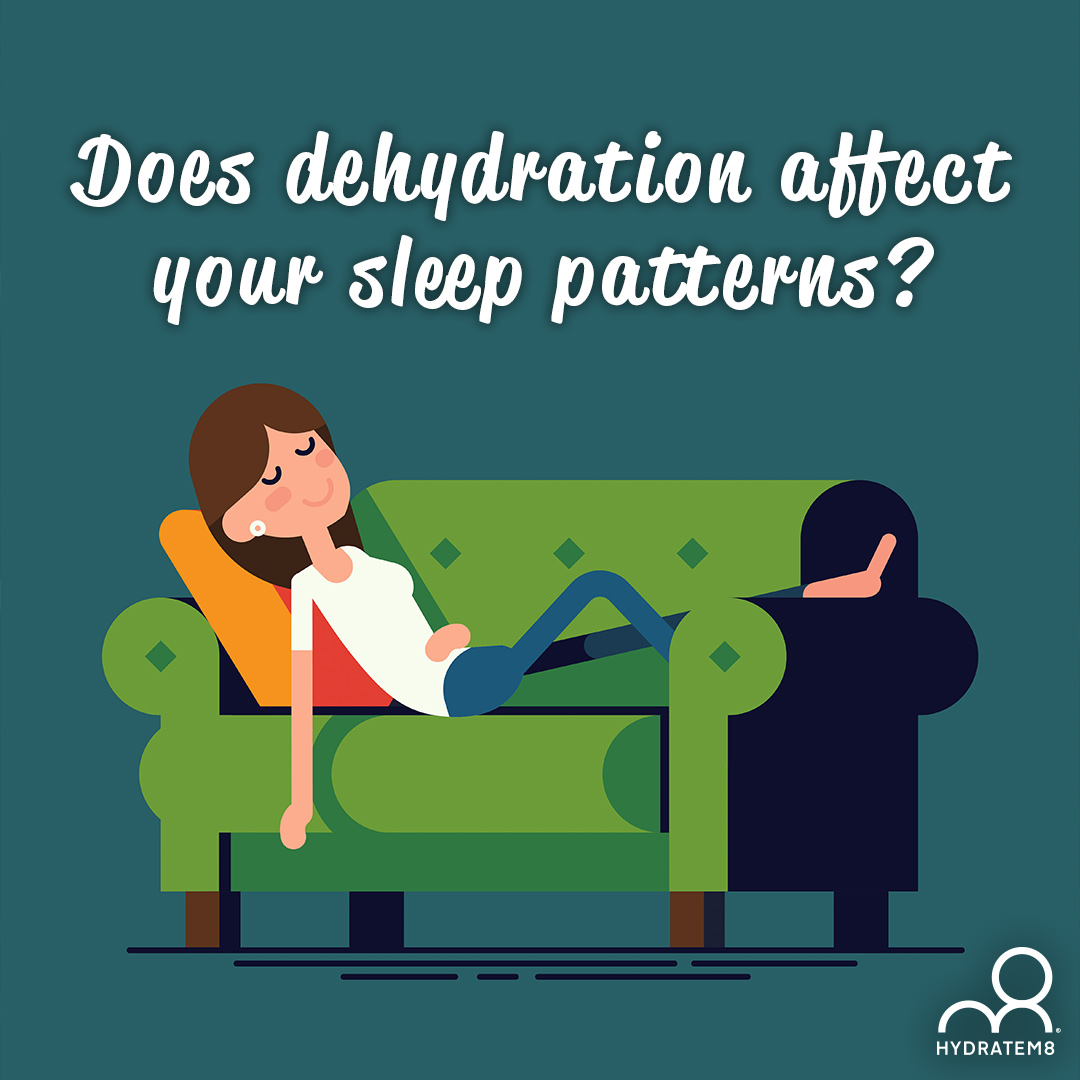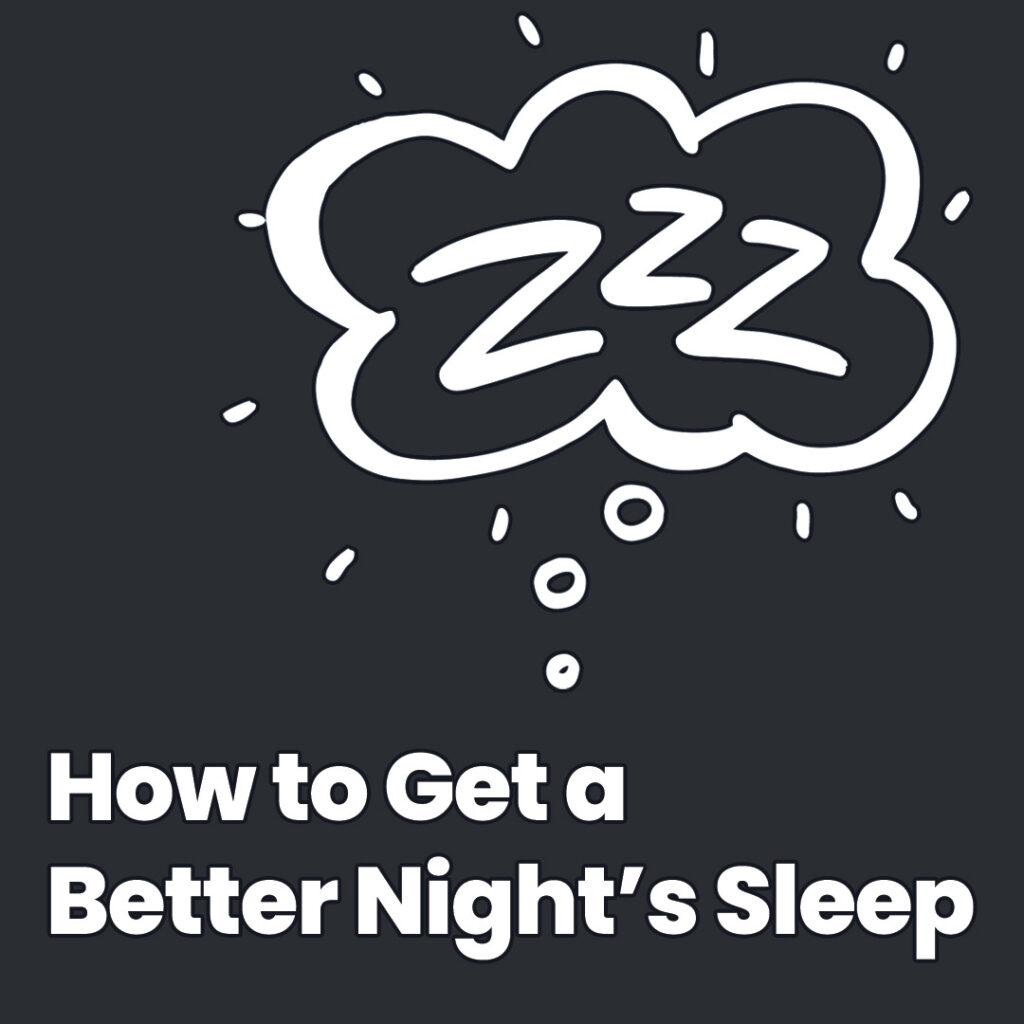If you wake up several times during the night and reach for your water bottle or glass, it is almost certainly an indication of dehydration.
Interrupted sleep can also be the pre-cursor to other diseases, such as diabetes, depression, anxiety, hypertension, obesity and even serious breathing problems. Recent scientific discoveries have also linked an increased risk of kidney disease with lack of proper sleep. Who would have thought that by simply making sure you are well hydrated throughout the day and evening would lessen the chances of this long list of serious illnesses?
Research by scientists throughout the world has also shown that lack of sleep can affect your body’s overall hydration, so both dehydration and altered sleep patterns go hand in hand.
There is a central key to this – a hormone known as vasopressin is essential for your body’s hydration. Research shows that this hormone is released at the end of a regular sleep pattern needed by the human body, around 8 hours. Vasopressin is released faster during sleep than during a normal day, but as yet, nobody knows why. More scientific studies are needed to validate these claims, even though strong indications are evident. So, vasopressin controls the flow of fluid in your body, and if this is interrupted by lack of sleep, then your body may just not work properly.
Whilst a lot of people will say ‘oh, I can exist on just a few hours sleep per night’, this may be the case for some in the short term, or even for a few years when young, but the long-term effects of sleep deprivation are more than clear. An adult will soon recognise that ‘groggy’ morning feeling, dry mouth, foggy brain and a sluggish feeling – you are tired and dehydrated, whichever way you look at it. Perhaps when you look in the mirror, your eyes look dull and your skin dry and sallow? These are all signs that your hydration system is not working at full capacity. Slow in getting going, and difficulty in concentrating for your full day ahead are also classic symptoms of overnight dehydration and lack of sleep.
What can I do to solve overnight dehydration?
It’s pure and simple – drink water throughout the day and evening until you go to bed. If you have consumed alcohol or any other dehydrating food or drink, make sure that your water intake is higher than normal. No midnight snacking on a packet of crisps or that extra cup of coffee!
Stay away from any drinks that have a diuretic effect on your body, such as coffee and tea (herbal teas are fine), as these will dehydrate you more at the end of the day. Avoid salty foods for a good few hours before sleep, and make sure you top up with water.
In the morning, always have a glass of water or a detox drink such as fresh lemon water, to increase your hydration levels.
What if I have a weak bladder?
Yes, that can be a problem, but getting up in the night to visit the toilet is nowhere near as bad as the effect that dehydration has on your body and your sleep patterns. Many people can go straight back to sleep afterwards.
Having a water bottle by your bed is a must, of course. If you are thirsty and your mouth is dry, you won’t be able to get a blissful few more hours of sleep. Try some exercise a few hours before retiring, and read up on some relaxation techniques – this will all help – but you must hydrate properly whatever else you do.
If you do suffer from constant sleep deprivation, do visit your doctor to discuss this with him.



